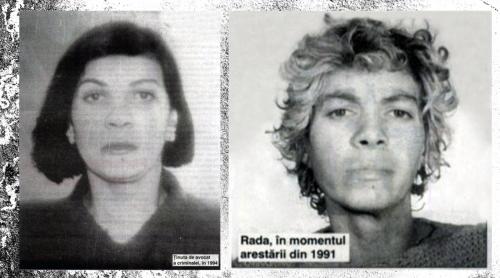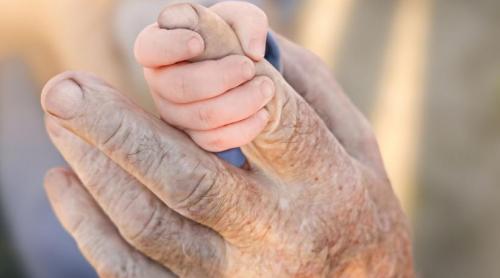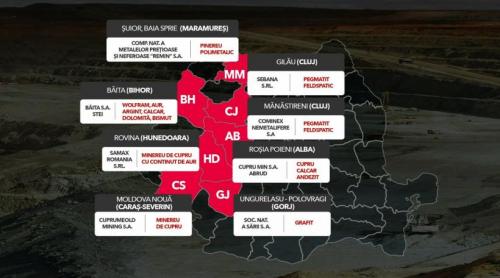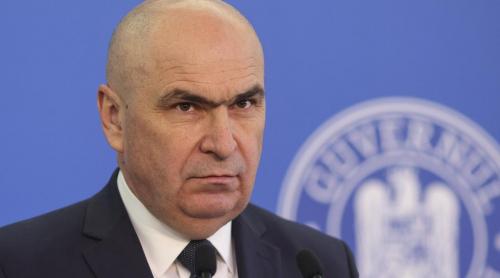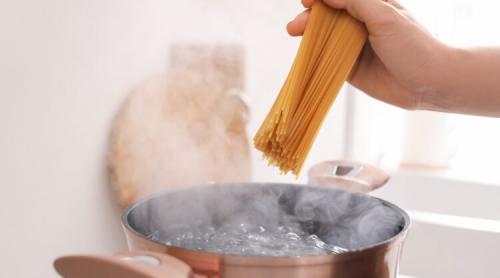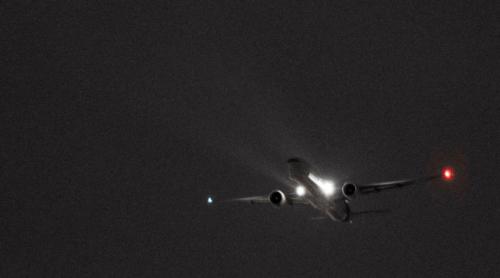
The hospitality industry reports the worst summer season earnings in the last decade, after sudden weather changes, drop in income, hike in VAT and lack of advertisement for domestic tourism took their toll.
"It was the worst summer season since 2000. We had growth till 2007, with 2008 on a flat line. The downturn started in 2009 and continued this year, when we estimate that the drop in earnings was up to 25% for the Danube Delta and sea-side resorts, and up to 35% in the mountain resorts," said the president of the Federation of Owners Associations Daniel Vasilescu. The number of tourists opting for domestic destinations might have stayed the same as a year before, Vasilescu added.
The pressure put by the Executive on the business environment, with hiking the VAT and lowering the salaries just before the summer, prompted the hospitality industry to bring down their prices and entice tourists with all sorts of special offers. Still, it did not help the overall earnings, the press adviser for the National Association of Tour Operators Traian Badulescu explained.
Also, what was before a pattern of youth engaging in tourism, namely two-day vacations, turned not into a pattern used by tourists of all ages, as a sign they adapted their behavior to the changed economic environment, Vasilescu said. "All these changes resulted in loss of living standards across the board, hence people cling now to their savings to cover for their every-day needs, and have less to spare on vacationing and travel," Vasilescu added.
The length of the peak-season also shrank, from three weeks before, between 25 July and 15 August, to two weeks now, between 5 and 15 August.
Also, rapid changing weather prompted rapid changes in the number of tourists, which fluctuated in the seaside resorts from 200,000 over one week-end, to 50,000 over the next week-end, Vasilescu said.
Of course, the fact that the Ministry for Tourism did not spend money on promoting domestic tourism did not help either.
Translated by AAP




